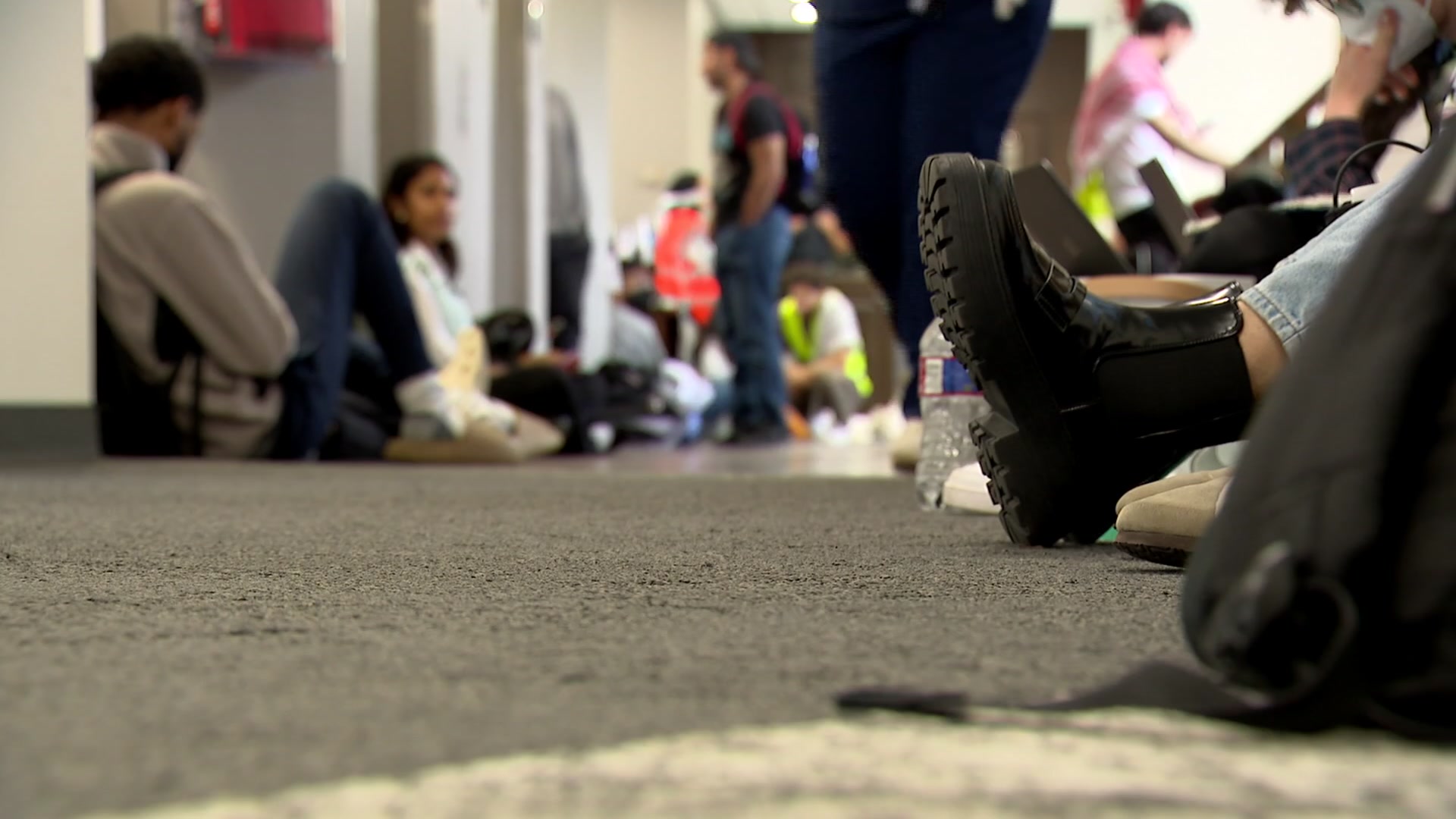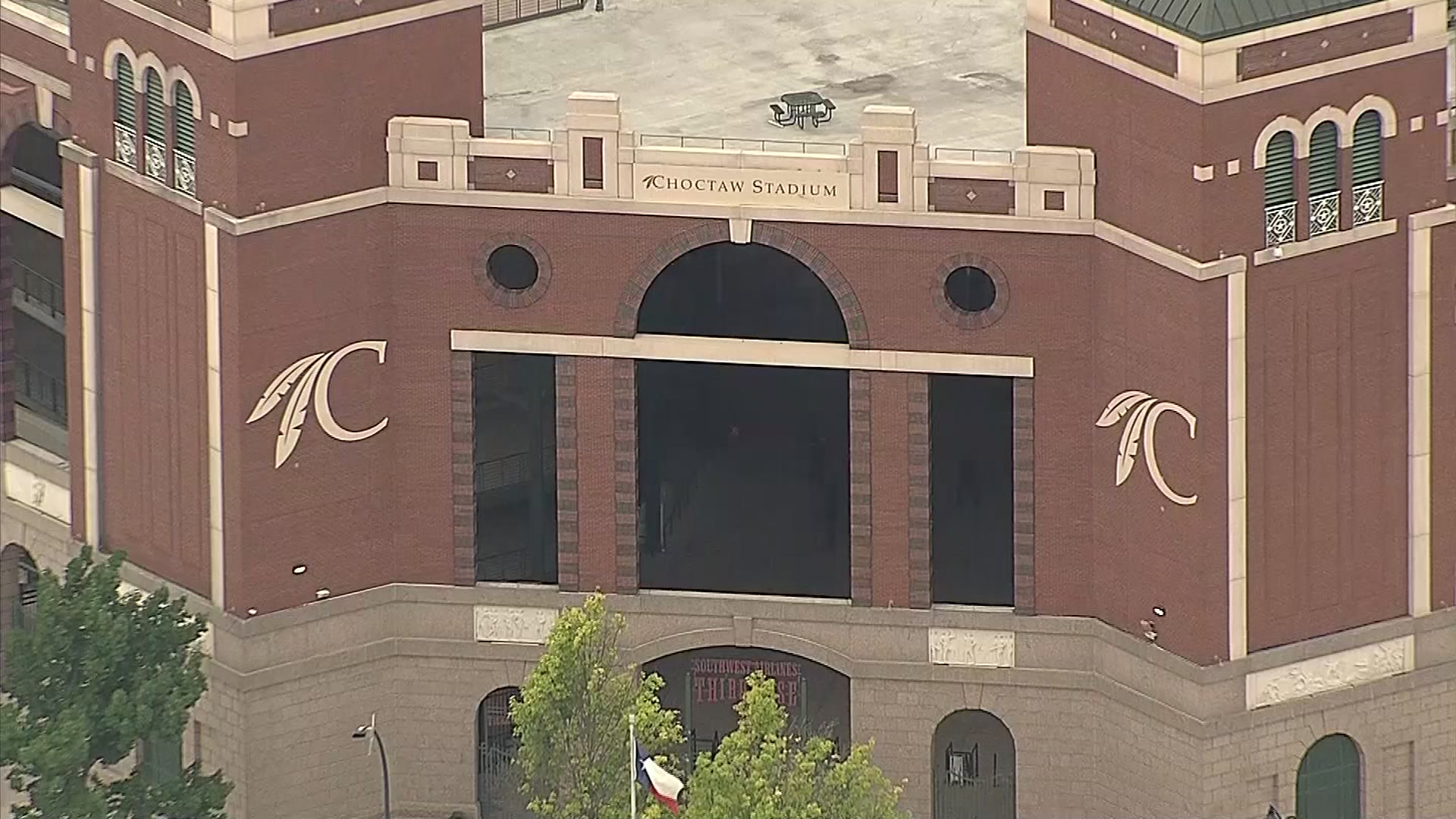As North Texas faces a Heat Advisory on Monday, MedStar in Fort Worth isn't taking any chances.
Any call MedStar receives involving a patient outside in the heat will be considered a priority call.
Since Saturday, MedStar had 41 cases with a heat-related clinical impression with 32 transported to area hospitals. Four cases were considered serious and 2 critical, MedStar said.
Their busiest time for heat-related calls is between 3 and 9 p.m.
Staying Safe in Hot Weather
Prolonged or intense exposure to hot temperatures can cause heat-related illnesses such as heat exhaustion and heatstroke.
According to MedStar, Heat Exhaustion occurs when the body loses large amounts of water and salt through excessive sweating, particularly through hard physical labor or exercise. This loss of essential fluids can disturb circulation and interfere with brain function. Symptoms of heat exhaustion may include muscle cramps, paleness, sweating, nausea, and vomiting. Children and the elderly are especially susceptible.
Local
The latest news from around North Texas.
Heatstroke is a life-threatening problem that occurs when the body suffers from long, intense exposure to heat and loses its ability to cool itself. Some of the most common signs of heatstroke include confusion, vomiting, alteration in sweating, hot and flushed skin, rapid heart rate, decreased sweating, shortness of breath, decreased urination, increased body temperature (104 to 106 degrees Fahrenheit), or potentially, even convulsions.
Hydrate: Drink plenty of water during the day, especially if you are engaged in any strenuous activity. Sports drinks are a good choice if you're exercising or working in hot conditions, but water is a good way to hydrate as well.
• Ventilate: Stay in a place where there is plenty of air circulating to keep your body cool. If you are indoors and don't have access to air conditioning, open windows and use a fan.
• Cover Up: Wear light-colored and loose-fitting clothing to avoid absorbing the sun's light and trapping heat. Wear a hat to shield yourself from the sun, but once you feel yourself getting warm, remove any items covering your head which can trap heat close to your body.
• Limit Activity: Heatstroke can occur in less than an hour when you are participating in strenuous activity during a hot day. If you feel yourself getting hot or light-headed, stop your activity and rest in a cool place out of the sun. Be sure to drink water or a sports drink before, during, and after any strenuous activity.
• Check on Loved One’s: The elderly are especially vulnerable to heat related emergencies. Many elderly residents are not aware of how hot it may get in their residence. Call on older friends and family members regularly to assure they are doing OK.
Do Not Leave a Child or Pet in a Car
Thirty-one children have died in hot cars across the U.S. as of Aug. 9.
If you find a child or a pet unattended in a hot car, call 911 immediately.
Be sure your vehicle is locked to prevent a curious child from becoming trapped in the car on a hot day.



